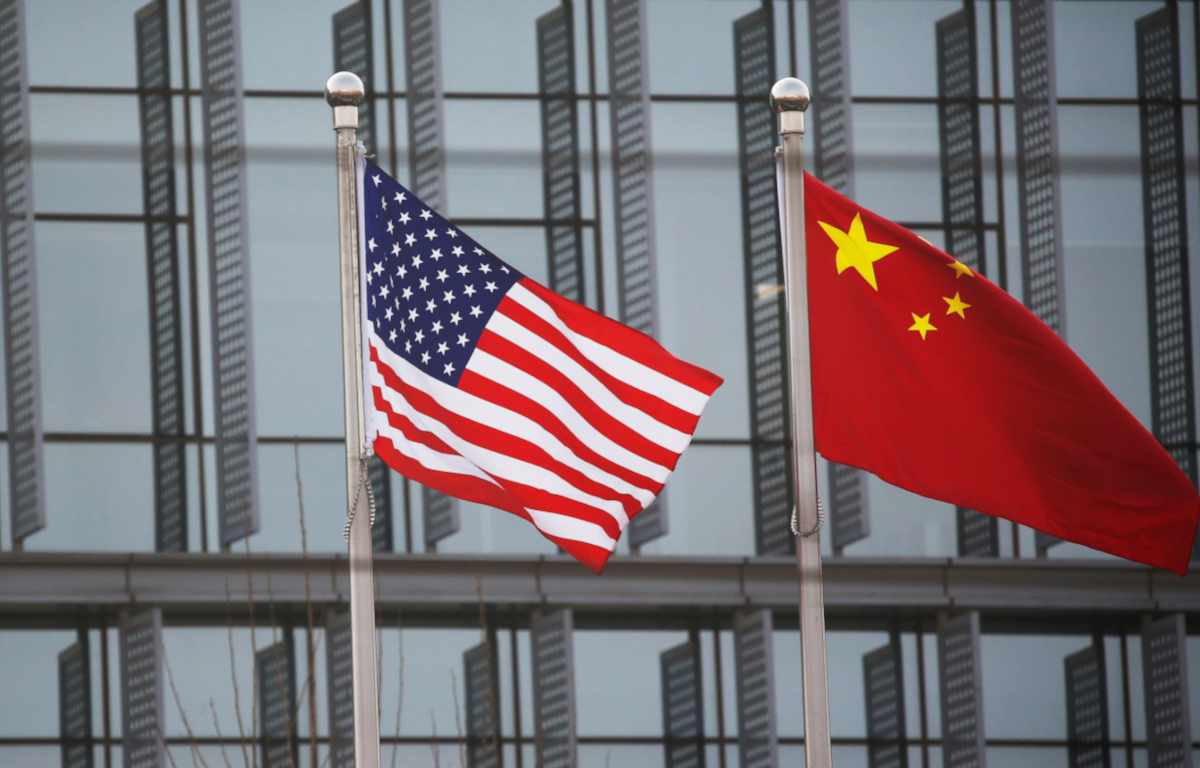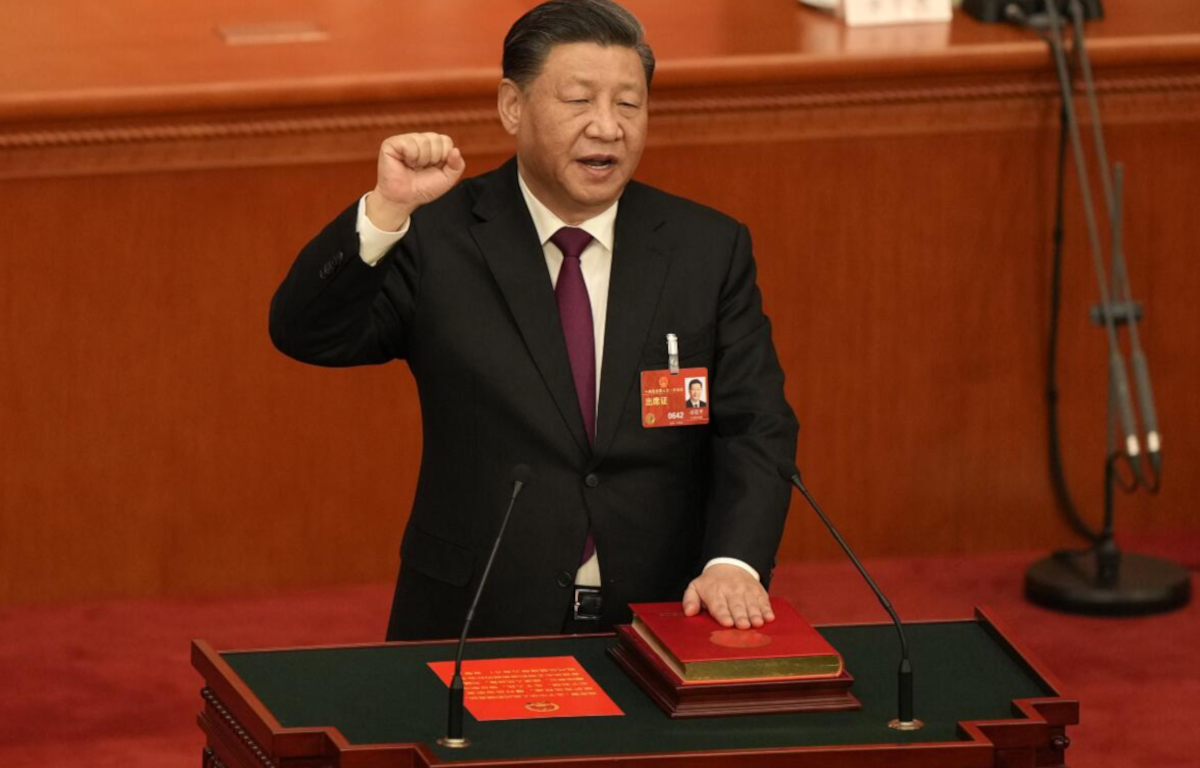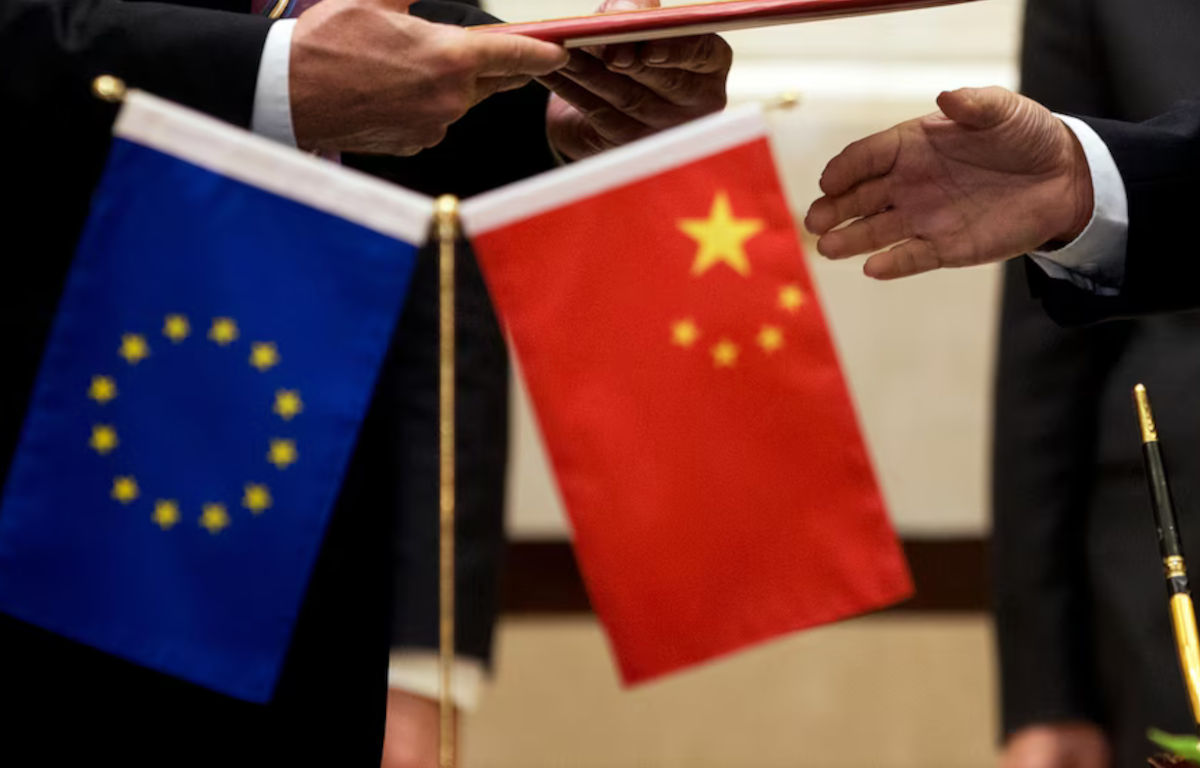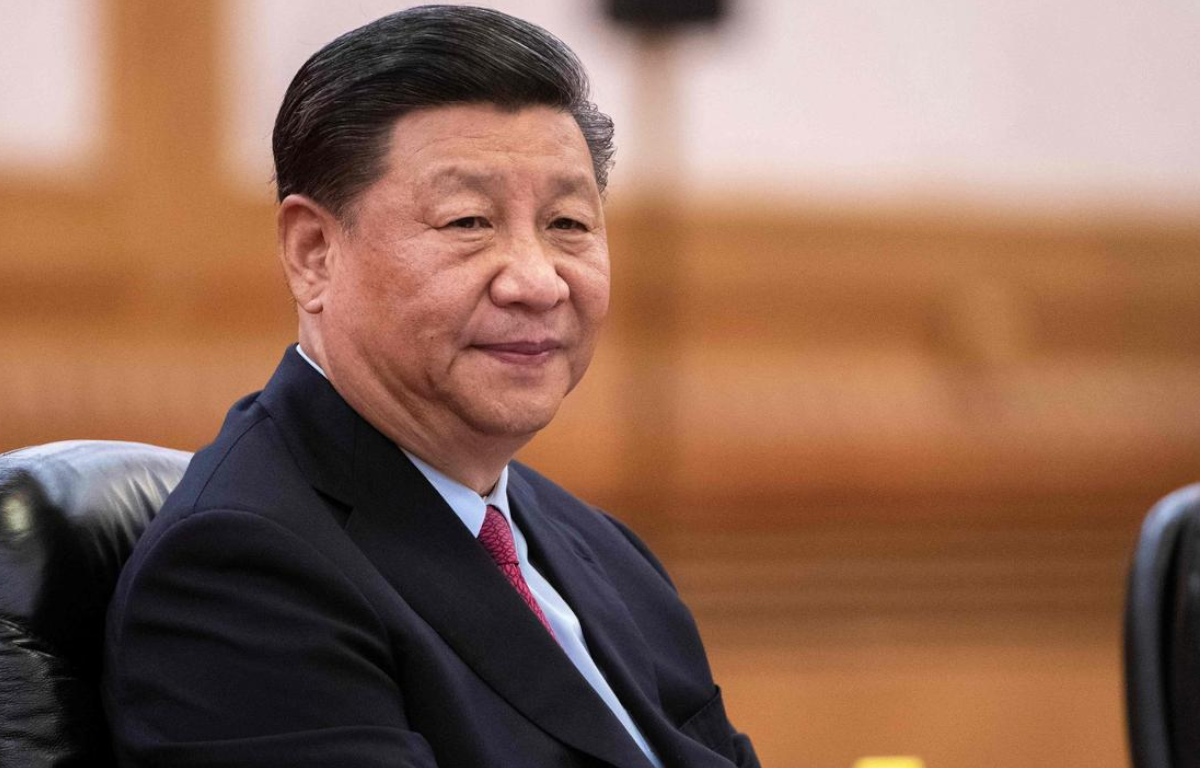
Data has become the currency of modern society. It informs policies, guides businesses, and influences public opinion. However, it’s crucial to recognize that data is never entirely neutral. Selecting which data to present and how to present it constructs a narrative that can significantly impact how people perceive reality.
China, a global superpower, has long been at the center of this narrative struggle. Its economic growth and technological advancements have often dominated headlines. Yet, recent developments point to a concerning trend: the deliberate omission of positive data.
China’s economic growth has been nothing short of remarkable. It’s lifted millions out of poverty, transformed cities into tech hubs, and positioned the nation as an international player. However, reports suggest that some positive economic data, like rising wages and improved living standards, are disappearing from official reports and publications.
This vanishing act of good news raises profound questions. Why would a nation, riding high on its accomplishments, choose to downplay positive data? The answer lies in understanding the complex interplay between politics, perception, and control.
Perception matters, especially for governments aiming to maintain control and stability. In China’s case, an obsession with stability often trumps transparency. Presenting too much positive data might lead to heightened expectations and subsequently, social and political pressure to sustain those gains.
Moreover, the presentation of overwhelming positive data can undermine the government’s efforts to appear relatable to its citizens. Acknowledging challenges and setbacks can humanize authorities and build a sense of unity in overcoming adversity.
In an era where information travels at lightning speed, governments grapple with maintaining control over their narratives. China’s strict censorship measures are well-known. By controlling the information citizens have access to, the government maintains a level of control over public sentiment.
However, the consequences of this control can be far-reaching. When good news disappears, citizens might become skeptical, questioning the veracity of the information they do receive. This, in turn, can erode trust in institutions and lead to the spread of rumors and misinformation.










Share this: